Are Artificial Flowers Toxic? A Comprehensive Guide
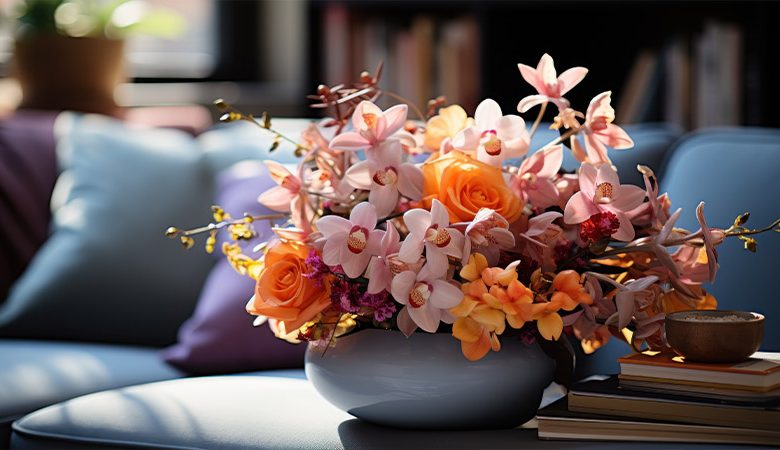
Artificial flowers have become a popular choice for adding a touch of beauty to our homes, offices, and events. However, questions about are artificial flowers toxic, especially regarding potential toxicity to humans, pets, and the environment, often arise.
In this comprehensive guide, we’ll delve into the composition of artificial flowers, their potential health and environmental implications, and how to make informed choices when purchasing and using them. Now let’s dive into knowing are artificial flowers toxic?
What are Artificial Flowers Made Out Of?
Artificial flowers are crafted using a variety of materials, each chosen for its specific properties and ability to mimic the appearance of real flowers. Are artificial flowers toxic? Here are some common materials used in the production of artificial flowers:
- Are Artificial Flowers Toxic Made of Plastic? Plastic is one of the most widely used materials in the manufacturing of artificial flowers due to its versatility and durability. It allows for intricate detailing and can be molded into various shapes and sizes to resemble different types of flowers.
- Are Artificial Flowers Toxic Made of Silk? Silk flowers are known for their natural-looking appearance and soft texture. Silk petals are often used to create lifelike blooms that closely resemble real flowers. While silk flowers may be more delicate than their plastic counterparts, they offer a luxurious feel and elegant aesthetic.
- Are Artificial Flowers Toxic Made of Polyester? Polyester is another popular material used in the production of artificial flowers. It is prized for its resilience and ability to hold vibrant colors without fading over time. Polyester flowers are often used in arrangements that require a more durable and long-lasting option.
- Are Artificial Flowers Toxic Made of Latex? Latex flowers are valued for their realistic texture and flexibility. They are commonly used to create intricate floral designs that closely mimic the natural movement and feel of real flowers. Latex flowers can range from soft and supple to firm and sturdy, depending on the desired effect.
- Are Artificial Flowers Toxic Made of Paper? Paper flowers offer a unique and eco-friendly alternative to traditional artificial flowers. Crafted from various types of paper, such as crepe paper or cardstock, these flowers can be meticulously handcrafted to achieve stunningly realistic designs. Paper flowers are lightweight and versatile, making them ideal for a wide range of decorative purposes.
- Are Artificial Flowers Toxic Made of Wire and Fabric? Wire and fabric are often used as structural elements in artificial flower construction. Wire provides support and stability, allowing for intricate shaping and positioning of petals and stems. Fabric, such as felt or velvet, is used to cover wire stems and create realistic foliage and accents.
- Are Artificial Flowers Toxic Made of Foam? Foam is utilized to create lightweight and pliable flower petals and buds. Foam flowers are easy to manipulate and shape, making them ideal for creating custom arrangements and adding texture to floral designs.
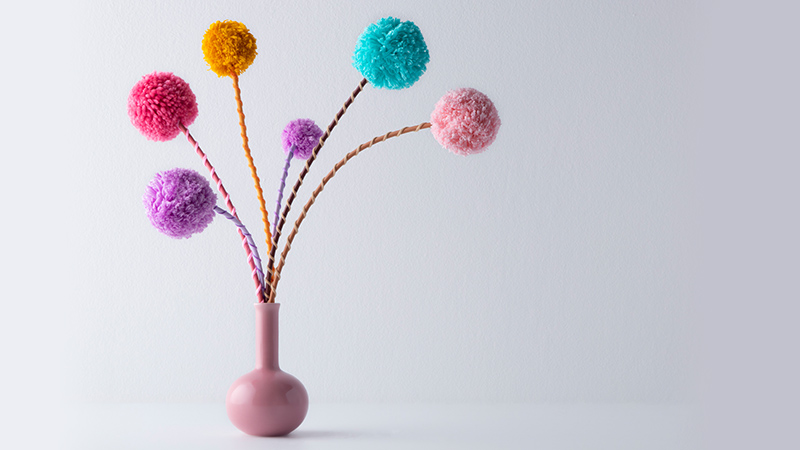
Artificial flowers may be crafted using a single material or a combination of materials to achieve the desired look and feel. Each material offers unique characteristics that contribute to the overall aesthetic and durability of the finished product.
Read More: Are Artificial Flowers Tacky? A Comprehensive Analysis
Whether you prefer the softness of silk, the durability of plastic, or the eco-friendliness of paper, there is an artificial flower option to suit every style and preference.
Are Artificial Flowers Toxic to Older Adults?
Many older adults, like Grandma and Grandpa, may have concerns about the safety of artificial flowers in their homes, especially considering potential health risks. However, the good news is that artificial flowers are generally safe for older adults, provided they are made from non-toxic materials and used responsibly.
Now that we’ve established the answer to the question are artificial flowers toxic to older adults, we can delve into the reasons behind it. Artificial flowers are typically crafted from materials such as plastic, silk, polyester, and paper, which are not inherently toxic to humans.
These materials undergo various treatments and processes to ensure they meet safety standards and pose minimal risk to health.
Furthermore, the reasons for answering the question are artificial flowers toxic include the fact that older adults are less likely to be at risk of ingesting or mishandling artificial flowers compared to young children or pets. With proper placement and supervision, older adults can safely enjoy the beauty of artificial flowers in their homes without worry.
It’s essential for older adults to select artificial flowers from reputable retailers and manufacturers known for their quality and safety standards. Additionally, they should follow proper cleaning and maintenance practices to ensure the flowers remain in good condition and free from potential contaminants.
Are Artificial Flowers Toxic to Children?
No, artificial flowers are generally considered safe for children. Most artificial flowers are made from non-toxic materials such as plastic, silk, polyester, or paper, which are not harmful if touched or handled.
These materials undergo various treatments to ensure that they are safe for use in homes, schools, and other settings where children may be present. So now we understand the answer to the question, are artificial flowers toxic to children, is absolutely not!
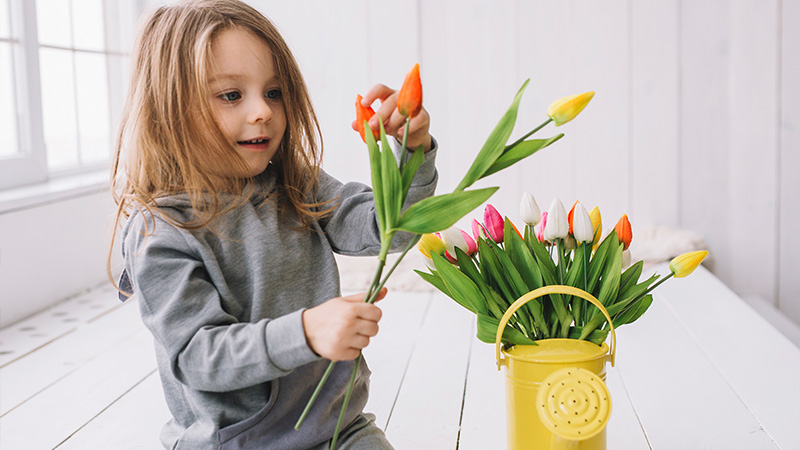
For more reasons related to the question are artificial flowers toxic to children, artificial flowers do not contain any harmful chemicals or pesticides that could pose a risk to children’s health. Unlike real flowers, which may harbor allergens or irritants, artificial flowers are hypoallergenic and suitable for use around children with allergies or sensitivities.
Read More: Are Artificial Flowers Bad Luck? Unveiling the Truth
The answer to the question are artificial flowers toxic to children is now clear, however, it’s essential to use common sense and take precautions when using artificial flowers around children.
Avoid placing artificial flowers with small parts or detachable pieces within reach of young children who may be tempted to put them in their mouths. Supervise children when playing near artificial flowers to prevent any accidents or injuries.
Are Artificial Flowers Toxic to Pets?
No, artificial flowers are generally considered safe for pets. Most artificial flowers are made from non-toxic materials such as plastic, silk, polyester, or paper, which are not harmful if chewed or ingested. These materials are designed to be durable and resistant to damage, making them suitable for use in homes with pets.
Although we know the answer to the question of whether are artificial flowers toxic, it’s essential to monitor your pets around artificial flowers to prevent any potential ingestion or choking hazards. Some pets may be curious and attempt to chew or play with artificial flowers, especially those with small parts or detachable pieces.
To minimize the risk, place artificial flowers in areas where pets cannot easily access them or consider using pet-safe alternatives.
Additionally, if you’re wondering whether are artificial flowers toxic, keep an eye on your pets. If you notice that your pet has chewed or ingested part of an artificial flower, monitor them for any signs of discomfort or illness. Contact your veterinarian immediately if you suspect that your pet has consumed something harmful.
Will My Pets Chew My Artificial Flowers?
Pet owners may have concerns about their furry companions chewing or ingesting artificial flowers, but rest assured, the risk of toxicity from artificial flowers is generally low for pets. Unlike some household plants that can be toxic to animals, artificial flowers are typically made from materials that are non-toxic and safe for pets if ingested in small quantities.
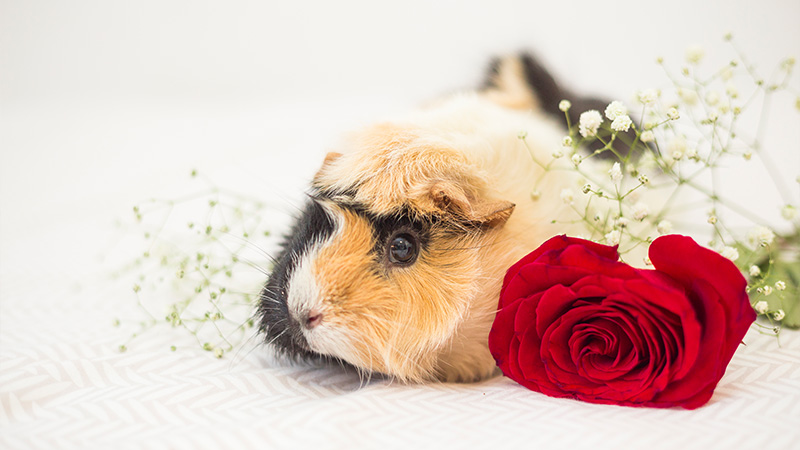
Now we have the answer to the question are artificial flowers toxic. However, while artificial flowers themselves are unlikely to cause harm to pets, pet owners should still take precautions to prevent ingestion or choking hazards. It’s essential to monitor pets closely when they are around artificial flowers and discourage chewing or playing with them.
If you’re concerned about whether are artificial flowers toxic, it’s important to keep an eye on your pets. If you notice your pet showing interest in artificial flowers, consider providing alternative toys or distractions to redirect their attention.
Additionally, placing artificial flowers in areas that are inaccessible to pets or using deterrents such as bitter sprays can help prevent unwanted chewing or ingestion.
Read More: How Artificial Flowers Are Made: A Step-by-Step Guide
Are There Eco-Friendly Artificial Flowers?
There are eco-friendly alternatives to traditional artificial flowers that are crafted with sustainability in mind. These eco-friendly artificial flowers are made from materials that minimize environmental impact and promote sustainable practices. Here are some characteristics and examples of eco-friendly artificial flowers:
- Recycled Materials: Many eco-friendly artificial flowers are crafted from recycled materials, such as recycled plastic, glass, or metal. These materials are sourced from post-consumer or post-industrial waste, reducing the demand for new raw materials and diverting waste from landfills.
- Biodegradable Materials: Some eco-friendly artificial flowers are made from biodegradable materials that break down naturally over time, reducing their environmental footprint. These materials may include bioplastics, bamboo, or natural fibers such as hemp or jute.
- Organic Fabrics: Eco-friendly artificial flowers may be crafted from organic fabrics such as organic cotton or linen. These fabrics are grown without the use of synthetic pesticides or fertilizers, minimizing environmental pollution and promoting soil health.
- Natural Dyes: Eco-friendly artificial flowers may be colored using natural dyes derived from plants, fruits, or vegetables. These dyes are non-toxic and biodegradable, reducing the use of harmful chemicals and minimizing water pollution.
- Handcrafted: Some eco-friendly artificial flowers are handcrafted using traditional techniques by skilled artisans. Handcrafted flowers often have a lower environmental impact than mass-produced counterparts, as they require less energy and resources to produce.
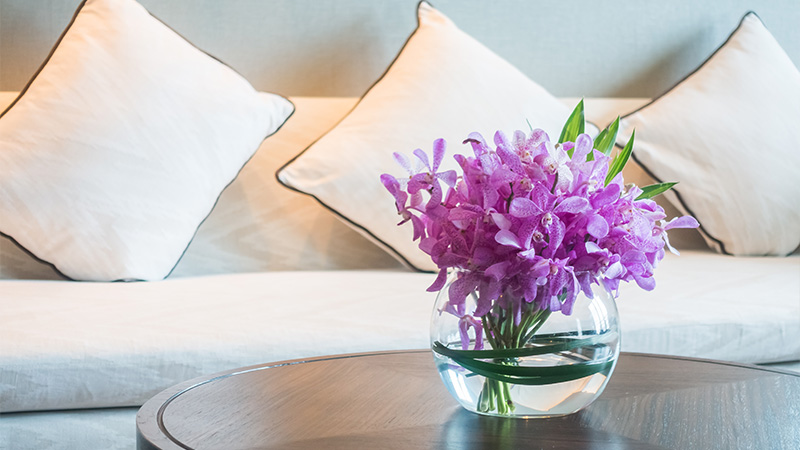
In conclusion, the article are artificial flowers toxic highlights how eco-friendly artificial flowers provide a sustainable alternative to traditional options. This allows consumers to enjoy the beauty of flowers without harming the environment. By choosing eco-friendly artificial flowers, you can reduce your carbon footprint and support sustainable practices in the floral industry.
Read More: How Long Do Artificial Flowers Last? Factors That Affect Their Longevity
Why Should I Buy Artificial Flowers?
In addition to answering the question are artificial flowers toxic, there are several compelling reasons to consider purchasing them for your home, office, or special occasions. Here are some key advantages of choosing artificial flowers over fresh ones:
- Longevity: Artificial flowers are durable and long-lasting, unlike fresh flowers that wilt and die within a few days. With proper care, artificial flowers can maintain their beauty and vibrancy for years, allowing you to enjoy them for an extended period.
- Low Maintenance: Artificial flowers require minimal maintenance compared to fresh flowers. There is no need to water, prune, or fertilize artificial flowers, saving you time and effort in caring for them. Simply dust them occasionally to keep them looking fresh and clean.
- Year-Round Beauty: Unlike seasonal fresh flowers that are only available during certain times of the year, artificial flowers are available year-round. You can enjoy your favorite blooms regardless of the season or climate, adding a touch of beauty to your space at any time.
- Allergy-Friendly: Artificial flowers are an excellent option for individuals with allergies or sensitivities to pollen. Unlike real flowers, artificial flowers do not produce pollen or release allergens into the air, making them a safer choice for allergy sufferers.
- Versatility: Artificial flowers offer endless possibilities for creativity and customization. You can create custom arrangements, bouquets, and centerpieces using artificial flowers, tailoring them to suit your personal style and preferences.
- Cost-Effective: While the initial cost of artificial flowers may be higher than that of fresh flowers, they offer long-term cost savings. You won’t have to continuously replace artificial flowers like you would with fresh ones, ultimately saving money in the long run.
- Sustainable Choice: Choosing artificial flowers over fresh ones can help reduce your environmental impact. Artificial flowers require fewer natural resources such as water and land to produce, and they generate less waste since they do not need to be disposed of regularly like fresh flowers.
- Non-Toxic: Artificial flowers are typically made from non-toxic materials such as plastic, silk, or polyester, making them safe for use in homes with children or pets. You can enjoy the beauty of artificial flowers without worrying about potential toxicity or harm to your loved ones.
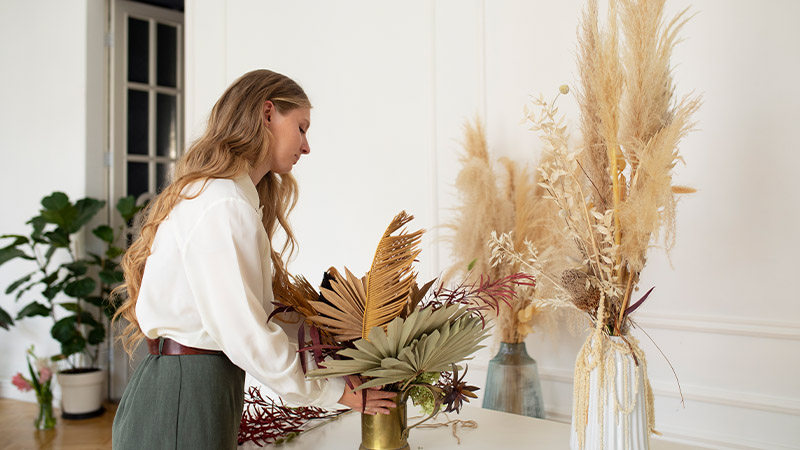
In conclusion, there are many compelling reasons to buy artificial flowers. Whether you’re looking to add a pop of color to your home or create stunning floral arrangements for a special event, artificial flowers offer a beautiful and practical solution.
Tips for Buying Artificial Flowers
When purchasing artificial flowers, it’s essential to consider factors beyond just aesthetics. Ensuring the safety and quality of the flowers is paramount to protect your health and well-being. With awareness of whether are artificial flowers toxic, here are some tips to help you make informed decisions when buying artificial flowers:
Research and Compare
Before making a purchase, take the time to research different types of artificial flowers and compare options from various retailers. Consider factors such as material, price, and reviews from other customers to find the best quality and value for your money.
Purchase from Reputable Retailers
Opt for artificial flowers from trusted manufacturers and retailers with a reputation for quality and safety standards. Look for brands that prioritize using non-toxic materials and adhere to relevant regulations. Additionally, check for labels or certifications indicating that the flowers meet safety standards, such as being free from harmful chemicals.
Consider Material and Construction
Pay attention to the material and construction of the artificial flowers you’re considering. Choose flowers made from high-quality materials such as silk, polyester, or plastic, which are durable and realistic-looking. Avoid flowers with flimsy or poorly constructed stems, as they may not hold up well over time.
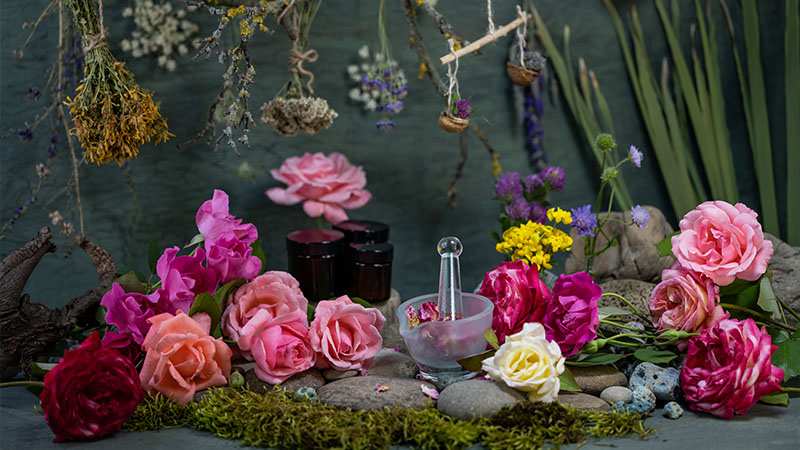
Check for Realistic Appearance
Look for artificial flowers that closely mimic the appearance of real flowers. Check for realistic details such as natural-looking petals, leaves, and stems, as well as accurate colors and textures. Avoid flowers that look overly artificial or cheaply made, as they may detract from the overall aesthetic of your arrangements.
Feel the Quality
When possible, inspect the quality of the artificial flowers in person before making a purchase. Feel the texture of the petals and leaves to ensure they are soft and realistic. Check the flexibility and strength of the stems to make sure they can be easily shaped and arranged without breaking.
Check for Odor
Artificial flowers that emit strong chemical odors may contain potentially harmful substances. Before purchasing, give the flowers a sniff to assess if they have any noticeable scent. If you detect a strong smell, consider airing out the flowers in a well-ventilated area or choosing a different product.
Consider Allergies and Sensitivities
If you or your loved ones have allergies or sensitivities, be mindful of the materials used in the artificial flowers. Opt for hypoallergenic options made from non-toxic materials to minimize the risk of allergic reactions. Consider choosing flowers with larger, less detachable parts to reduce choking hazards for young children.
Read Care Instructions
Before purchasing artificial flowers, read the care instructions provided by the manufacturer. Follow recommended guidelines for cleaning, storing, and maintaining the flowers to ensure they remain in good condition for years to come. Proper care can help prolong the life of your artificial flowers and keep them looking fresh and beautiful.
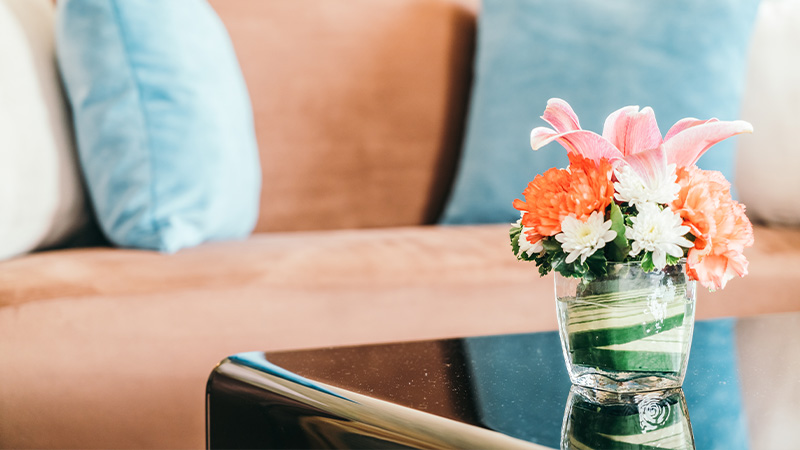
In conclusion, while the question, are artificial flowers toxic, has been thoroughly examined, it’s evident that with proper precautions, these decorative items pose minimal toxicity risks to humans, pets, or the environment. By following these tips, you can ensure that the artificial flowers you purchase are safe, high-quality, and suitable for your home or workplace.
Prioritize safety and environmental consciousness when selecting artificial flowers to create a beautiful and healthy indoor environment.


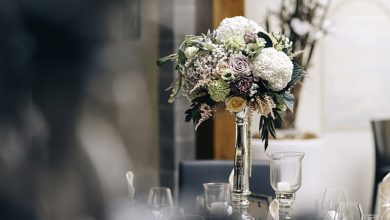
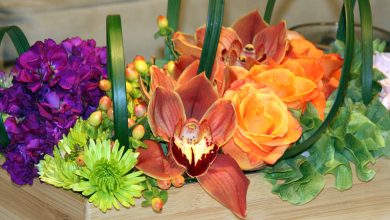
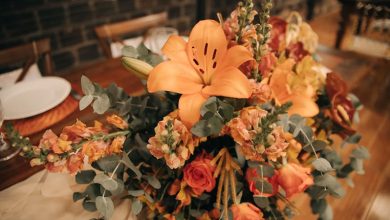
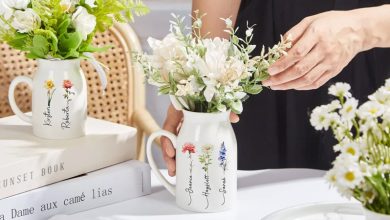
You have brought up a very wonderful details, thankyou for the post.